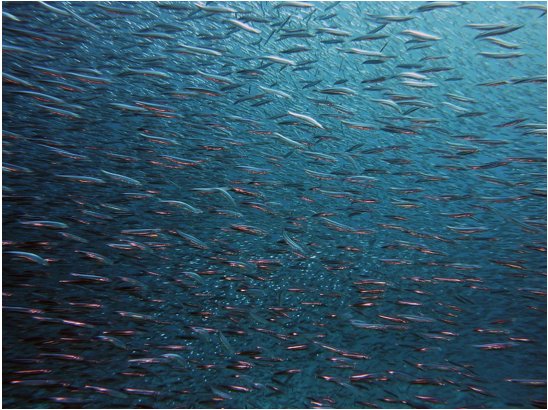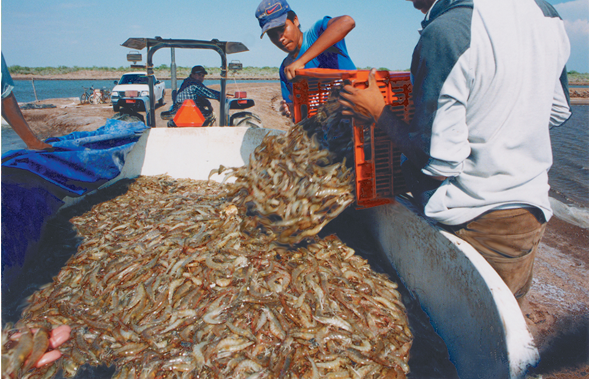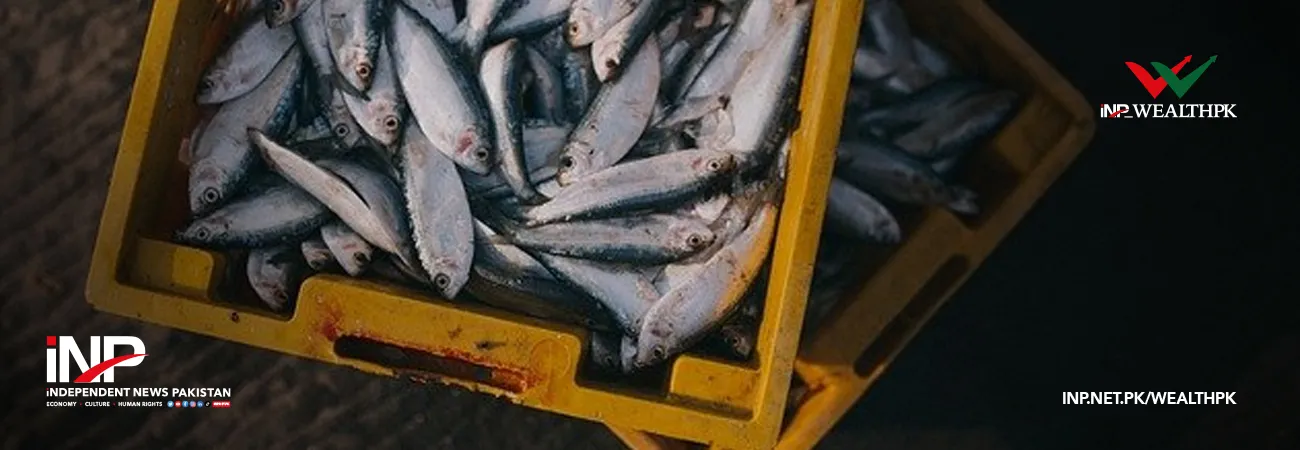i INP-WEALTHPK
Ahmed Khan Malik
Experts warn that Sindh could face the collapse of key fish species unless it urgently conducts a province-wide stock assessment—a loss that would devastate coastal livelihoods and damage fragile ecosystems.

From the Indus Delta to Karachi’s coastal waters, fish catches are dwindling. Decades of overfishing, habitat loss, and poor regulation have pushed many species to dangerously low levels. Yet, authorities still lack up-to-date data to understand the extent of the decline, experts said.
“Much of Sindh’s fisheries data is outdated or incomplete,” said Dr Shahnaz Qureshi, a marine biologist at the University of Karachi. “We’re managing one of the country’s most valuable natural resources without knowing how much is left.”

According to him, many commercial species, including pomfret, shrimp, croaker, and mullet, are being harvested faster than they can reproduce. In some coastal areas, fishermen report travelling farther and spending more time at sea to catch fewer fish than before.
Fisheries stock assessments are scientific evaluations that estimate fish population size, age structure, and growth rates. They are the foundation for setting sustainable catch limits and designing management strategies that protect fish stocks from overexploitation.
Without accurate assessments, the government cannot determine safe fishing levels or enforce effective conservation policies. “You can’t manage what you don’t measure,” said Qureshi. Sindh’s fisheries directly support more than half a million people, most of them small-scale fishermen. Many coastal communities have already seen their incomes shrink as catches decline, forcing some to leave the profession altogether.
The decline in fish populations extends beyond economic loss. Experts warned that the collapse of fisheries would disrupt Sindh’s delicate marine ecosystem, where each species plays a vital ecological role.
"Pollution from industrial discharge and agricultural runoff has compounded the problem, damaging breeding grounds such as mangroves and estuaries. Once-thriving habitats that served as nurseries for young fish are now struggling to sustain life,” said Faisal Munir, a fisheries expert at Marine Fisheries Department.
Economically, he said the fisheries sector also contributes significantly to Pakistan’s seafood exports. However, he added that international buyers are increasingly demanding proof of sustainable fishing practices, which Sindh is currently struggling to provide due to its lack of credible stock data.
Munir called for an integrated, science-based stock assessment programme across Sindh’s marine and inland waters. “The programme should use modern techniques such as biomass estimation, satellite tracking, and digital catch reporting systems,” he added.
“Equally important is involving local fishing communities in data collection and decision-making. Fishermen, who are on the frontlines of this crisis, can play a crucial role in reporting catches, monitoring illegal activities, and promoting responsible fishing practices,” he underscored.
Credit: INP-WealthPk








